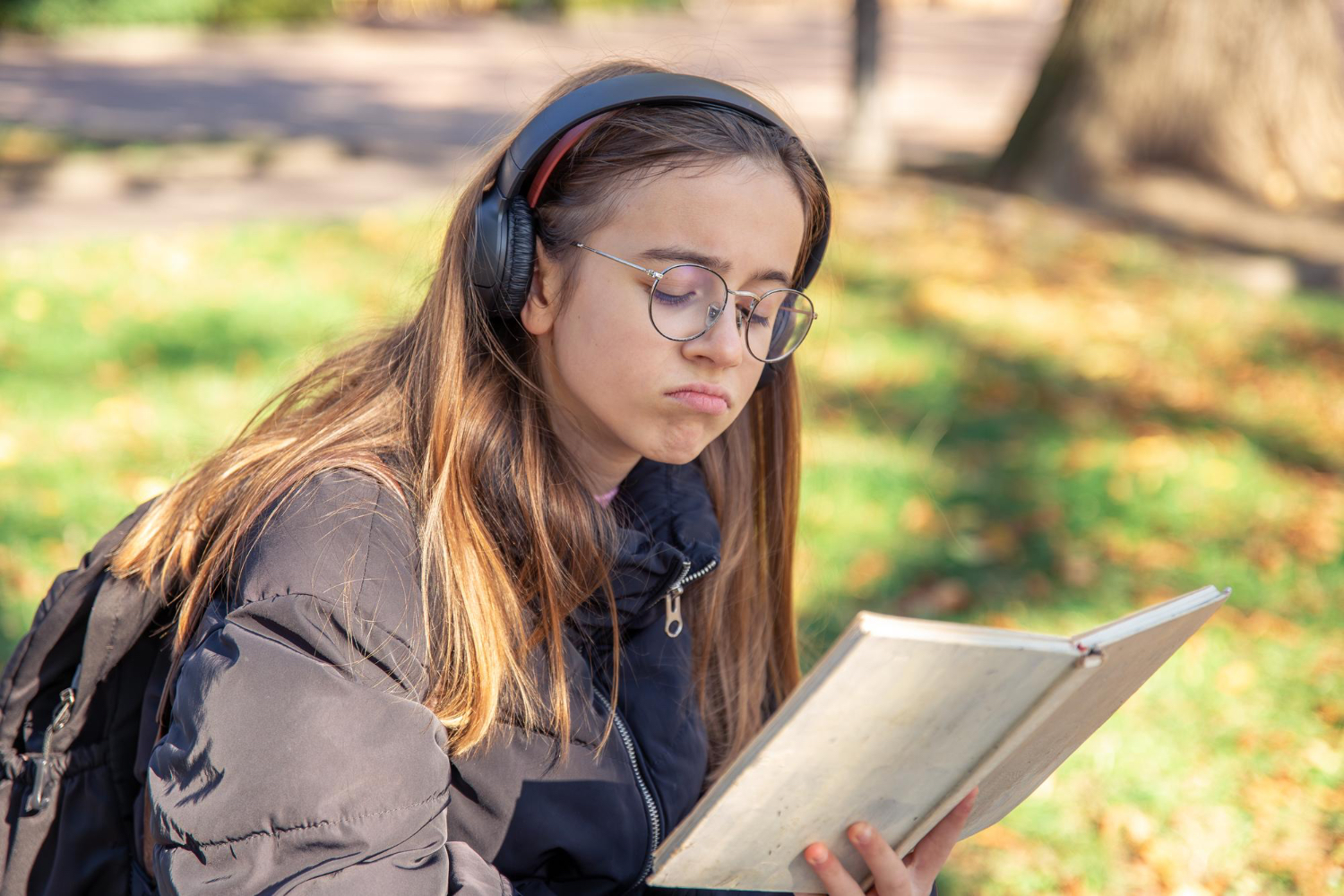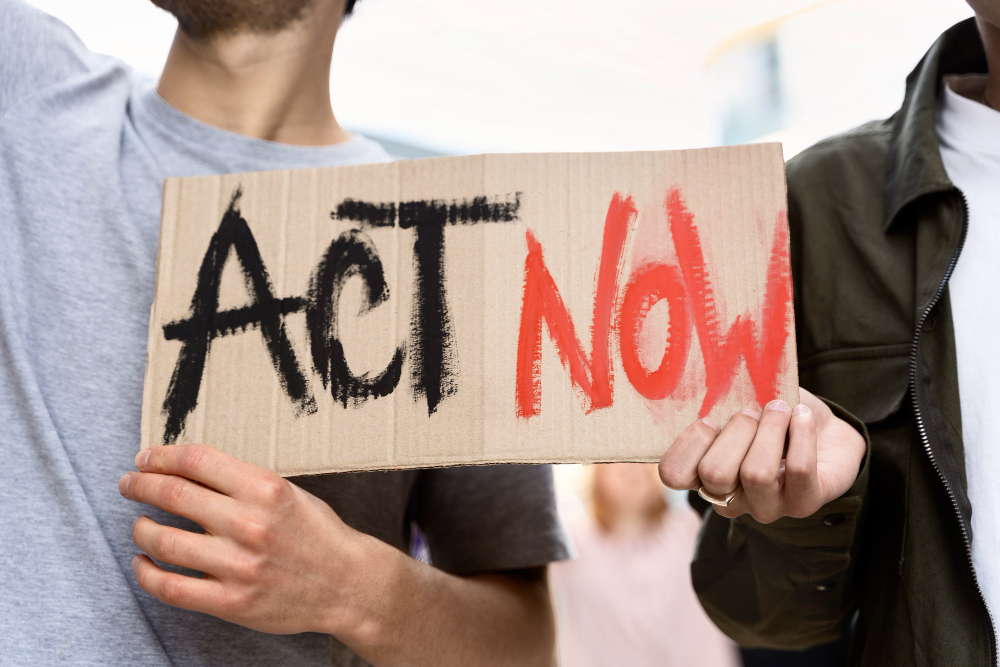Collective punishment is never explicitly mentioned in the School Act or BC education policies, but it is made very clear that the system is meant to be fair, accountable, and respectful.
The School act states the discipline in schools must be “similar to that of a kind, firm and judicious parent” (Section 76(3)). I consider myself all of those things, and I would never in 1 million years implement a collective punishment on my children, because:
- It’s unfair to punish both of them for the actions of one.
- Collective punishments backfire. Usually, my kids gang up on me and retaliate.
- Unexpected behaviour is often a sign that my children are missing skills or are dysregulated. Depending on the scenario, it’s an opportunity to open communication, co-regulate, and build skills and trust. Trust and understanding are imperative for strong relationships, and that’s what supports preferred behaviours in the future.
- Humiliating people is against my values, and I consider it abusive. We used to put people in pillories and stocks in town squares and throw fruit at them. Humiliation as a punishment belongs in those dark ages. I want to gather my children to our purpose and that is difficult if they feel shamed.
- My children develop at different paces and have different strengths. I remember my daughter riding her bike years before her brother would try. Eventually, after a lot of practice, he learned. This is true of many skills, including self-regulation, impulse control, executive function–so why would I punish differences in development?
- Collective punishment is bullying, and I don’t want to raise mean people.
BC’s education policies emphasise that consequences for student behaviour should be restorative rather than punitive whenever possible.
Restorative approaches focus on addressing harm, making amends, and preventing future issues—not blindly punishing everyone in sight. The law also makes it clear that consequences must take into account a student’s age, maturity, and special needs (Section 6(d)). Collective punishment ignores all of these factors, treating students as a faceless group rather than individuals with their own rights and responsibilities.
“special considerations may apply to students with disabilities or diverse abilities if these students are unable to comply with a code of conduct due to having a disability of an intellectual, physical, sensory, emotional or behavioural nature.”
Ministerial Order M276/07, Section 7(a)
For neurodivergent students, collective punishment can be especially harmful. Many already struggle with rigid rule enforcement, black-and-white thinking, and heightened anxiety around school expectations. To be held accountable for someone else’s actions can feel incomprehensible and deeply distressing. The BC School Act acknowledges that discipline must take special considerations into account for students with disabilities (Ministerial Order M276/07, Section 7(b)). Any practice that disregards individual needs and treats all students the same—regardless of context—goes against this directive.
So no, the BC School Act doesn’t explicitly say, “Thou shalt not use collective punishment.” But everything it does say—about fairness, individual accountability, restorative discipline, and student well-being—points to the same conclusion: this practice doesn’t belong in a system that claims to be about education, growth, and respect.
“We used to put people in pillories and stocks in town squares and throw fruit at them. Humiliation as a punishment belongs in those dark ages. I want to gather my children to our purpose and that is difficult if they feel shamed.”




